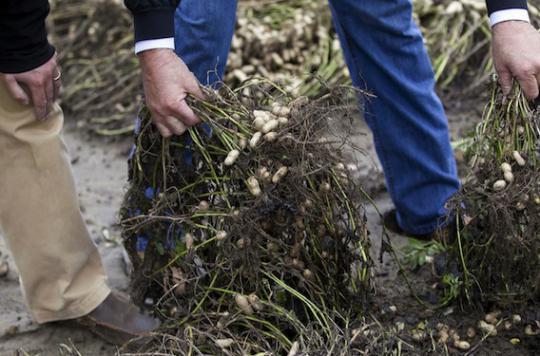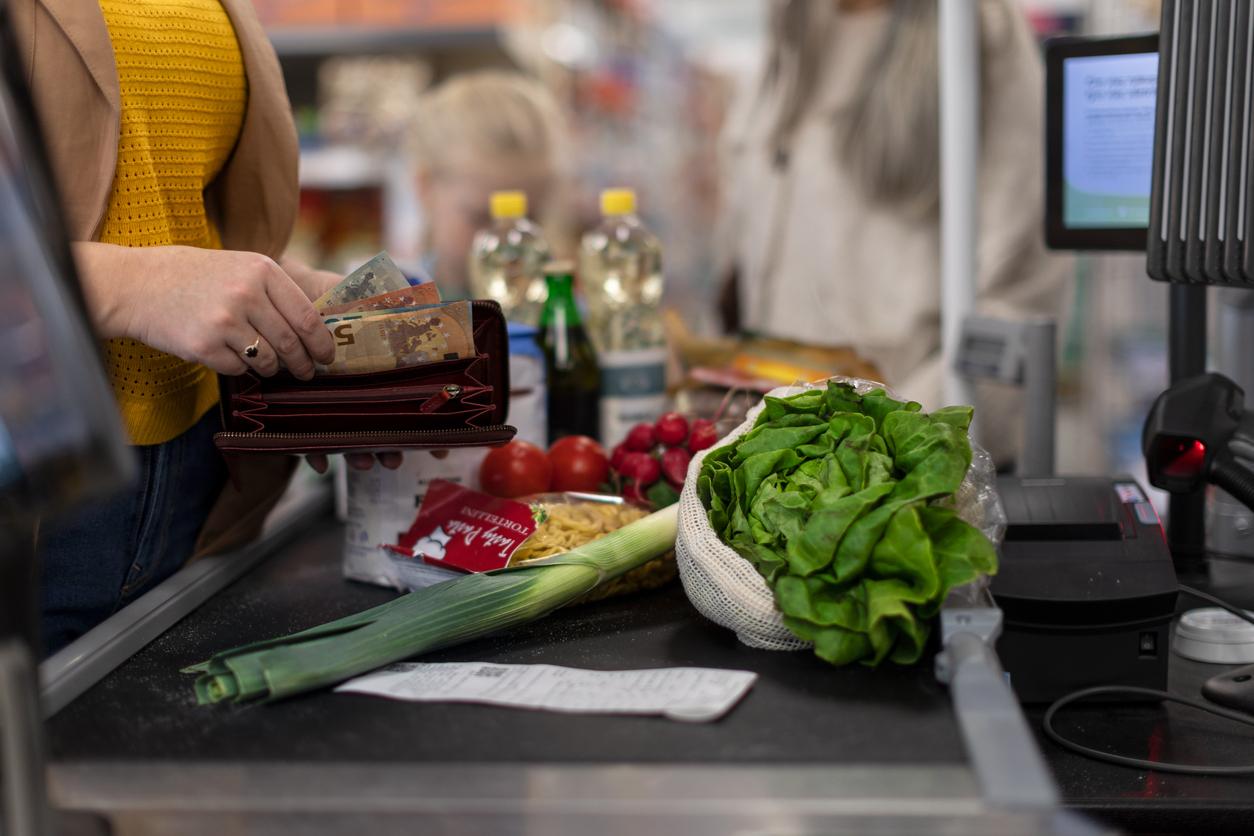Rural areas are far from being spared from precariousness. Discomfort from this symptom, 14% of farmers say they have given up seeing a doctor in the past 12 months.

In the 2015 report of the Observatory of access to rights and healthcare which has just been published, the humanitarian association Médecins du Monde (MdM) warns of the “catastrophic” health situation experienced by migrants arriving in France. The NGO calls on the public authorities to act.
However, these unfortunate people are not the only ones to suffer the consequences of precariousness. Less visible, that in rural areas was also studied in this report. And rural areas are far from being spared by the phenomenon, reveal these humanitarians.
Auvergne concerned
MdM explains that, since May 2013, it has put in place a system called Rescorda (Health and Support Coordination Network) which supports vulnerable people encountering difficulties in accessing rights and healthcare living in the Combrailles in Auvergne.
This team first offers an assessment of the person’s social and health needs and informs them of their health rights.
If necessary, it offers support in administrative procedures and establishes, with the patient, a course of care by coordinating with the local actors concerned. The goal at the end of this process is obviously patient autonomy.
A significant renunciation of care
To date, more than 200 people have been followed under this program. More than 300 social consultations, more than 100 health consultations (medical, nurses, psychological) and more than 100 physical accompaniments were carried out.
Young adults, wandering young people, neorurals, single-parent families, single people, the elderly and farmers are some of the profiles encountered. Most experience financial difficulties and say they feel isolated from their situation.
In addition, the majority of people confide in having an attending physician and health coverage. But that doesn’t necessarily mean better health.
In fact, nearly 50% of the people interviewed declared that they had already given up on care, while the majority had at least one current health problem and considered their state of health to be “bad” or “mediocre”.
Farmers not spared
Faced with these worrying results, MdM also wants to draw attention to the health of farmers, “profiles of vulnerable people, but little supported by the Rescorda network when everything suggests that they have health problems and do not seek optimal care ”.
For example, 14% of farmers surveyed said they had given up seeing a doctor and almost 20% a dentist in the past 12 months. Lack of time is the reason most often cited to explain the refusal or renunciation of care. The qualitative survey showed that it could sometimes be a pretext masking another cause (fear of the doctor or of a surgical act, lack of motivation, financial difficulties, etc.)
In this same survey, MdM also observed a tendency for farmers to over-work, “which has significant repercussions on health”.
More than 3⁄4 of farmers consider their work to be nervously and physically tiring, and more than half say that it often prevents them from sleeping.
Animal health first
Last result, a quarter of the farmers would present a psychological distress. The link between professional pressures and their repercussions on health is clearly explained, confirm the investigators. They cite in particular a person who says of her husband that he sometimes has trouble dropping out because “he organizes his days a lot, at night or in the toilet too”.
Second story, that told by a farmer’s wife. She sums up her life (and that of her husband) as follows: “For the peasants, it is more essential to have animals treated than to be treated themselves”.
As a reminder, suicide is the third cause of death among farmers in France.
.

















